HOW WE WORK
Possibilities plant compound library
for research into bioactive molecules
Plant-based resources
20 growers have been selected to supply plant-based resources, obtained from crops grown in the Netherlands, and grown according to a tailored protocol. This means that no synthetic pesticides are used and larger quantities of plant-based resources are available on request.
In total 2240 plant parts have been collected, such as bulbs, stalks or flowers. These plant-based resources have been obtained from 1299 horticultural species, and belong to 196 different plant families. The Dutch Extract Library has the exclusive right to use the bioactive molecules that have been obtained for research.
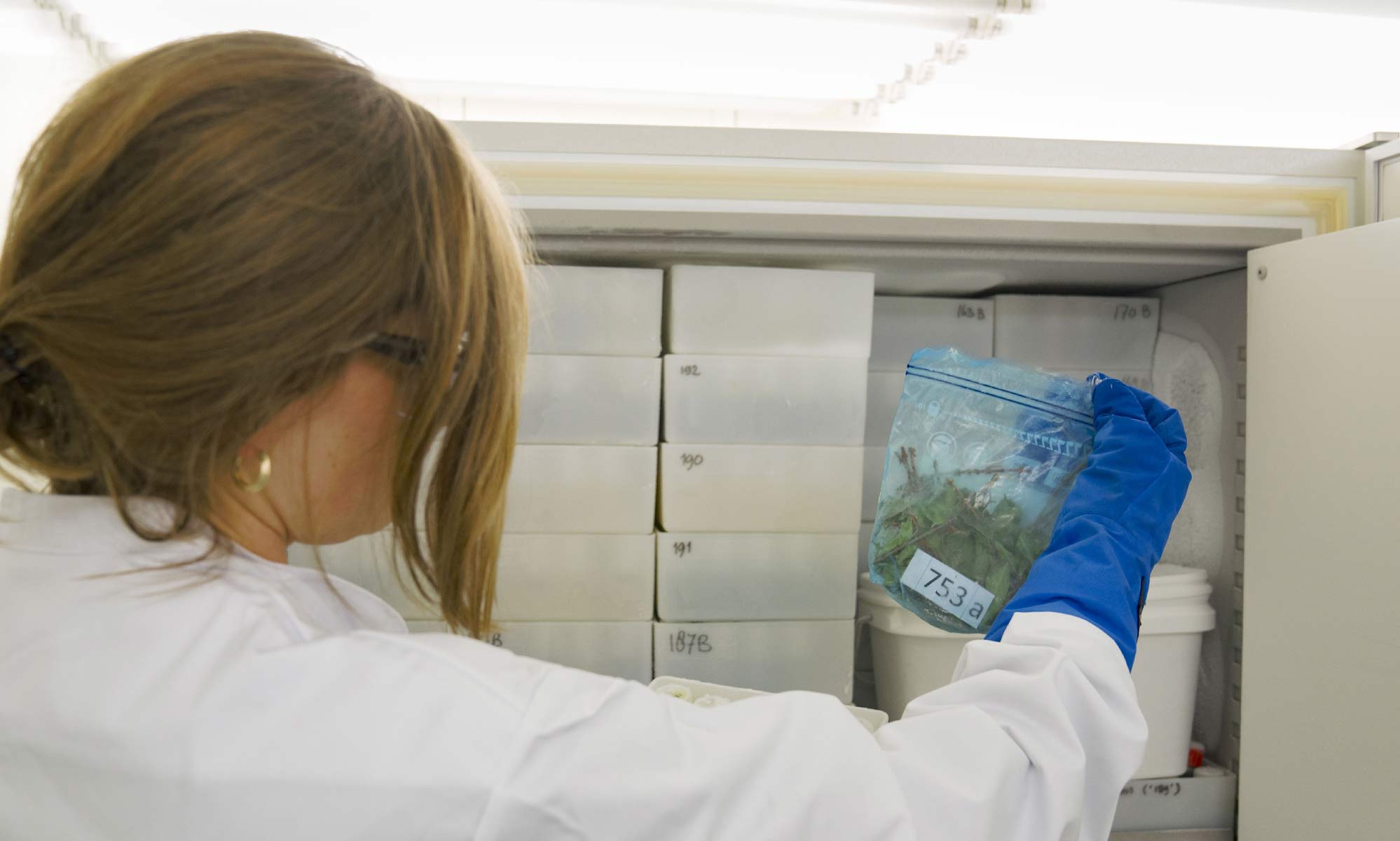
INITIAL ORIENTATION AND INTRODUCTION
provided by Professor N. Martin from Leiden University
AGREEMENT
including user-defined extract specifications
DELIVERY OF EXTRACTS TO USER
provided by the Institute of Biology Leiden or Specs Compound Handling B.V.
SCREENING OF EXTRACTS BY USER
independently or jointly with Leiden University
DIRECT CONTACT WITH RELEVANT GROWER
if a promising lead is identified
Plantextracts
Plants are a rich source of bioactive molecules and compounds that promote growth and flowering. These bioactive molecules don’t only contribute directly to the plant’s growth process, but also indirectly by protecting against diseases and pests. It is estimated that one horticultural species contains an average of 30,000 different bioactive molecules.
To be able to conduct research into these small molecules, the Institute of Biology Leiden extracted the plant-based resources using ethanol. Some of these extracts then underwent further cleaning. This has resulted in a collection of 2240 raw and clean plant extracts. This collection is managed by Specs Compound Handling B.V. Larger quantities of plant-based resources are present at the Institute of Biology Leiden. More information about the extraction process and management is available on request.
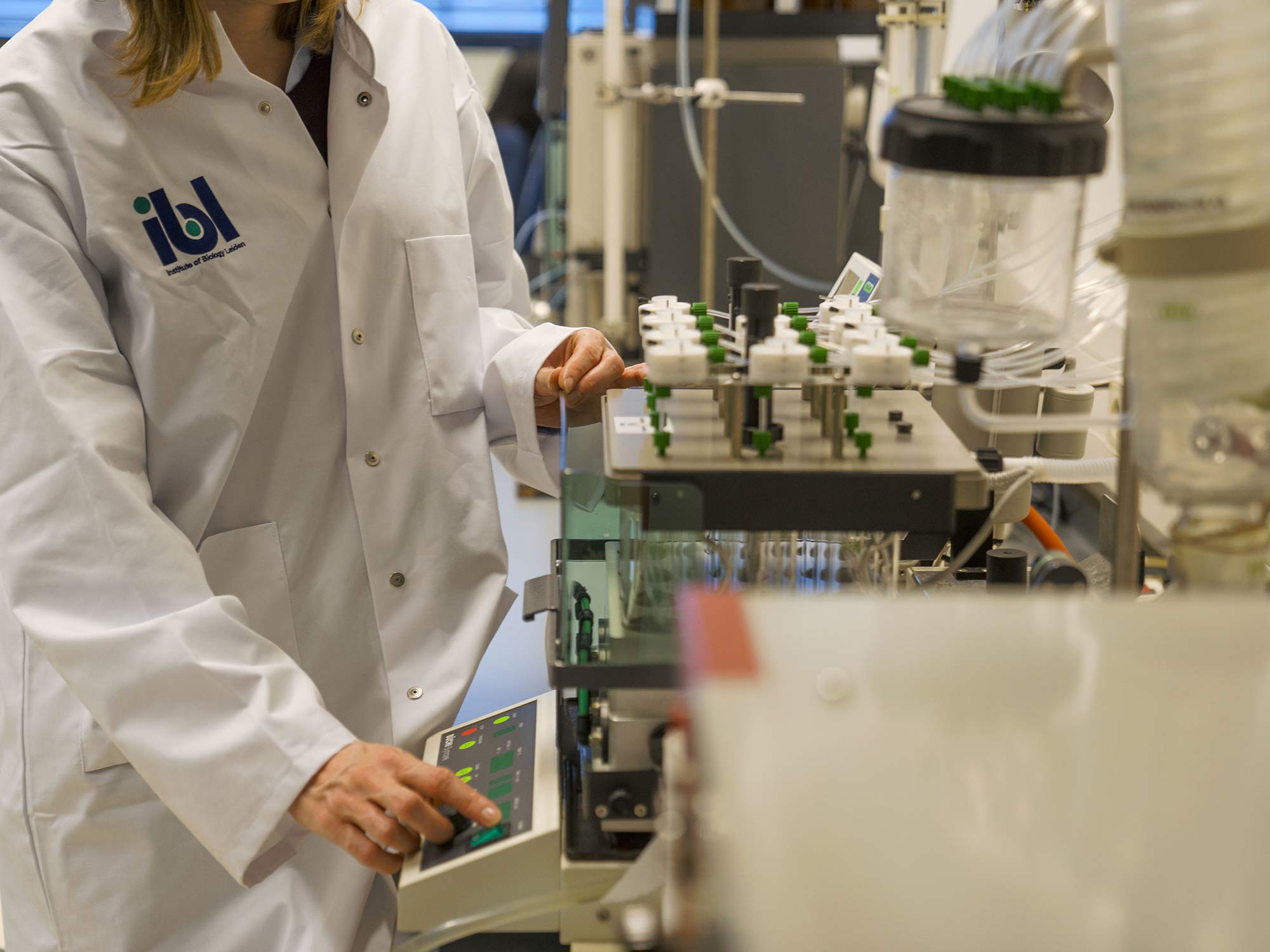
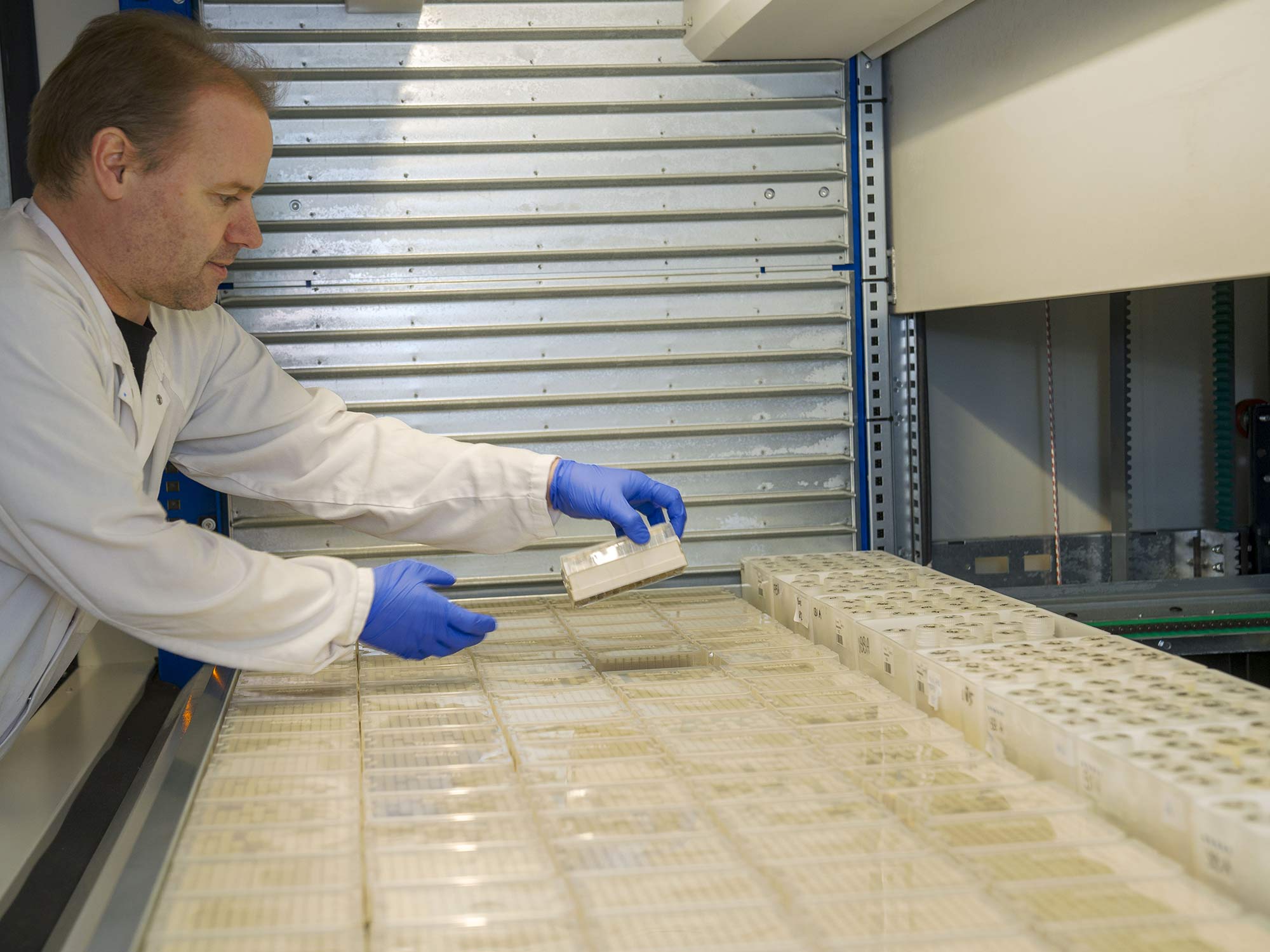
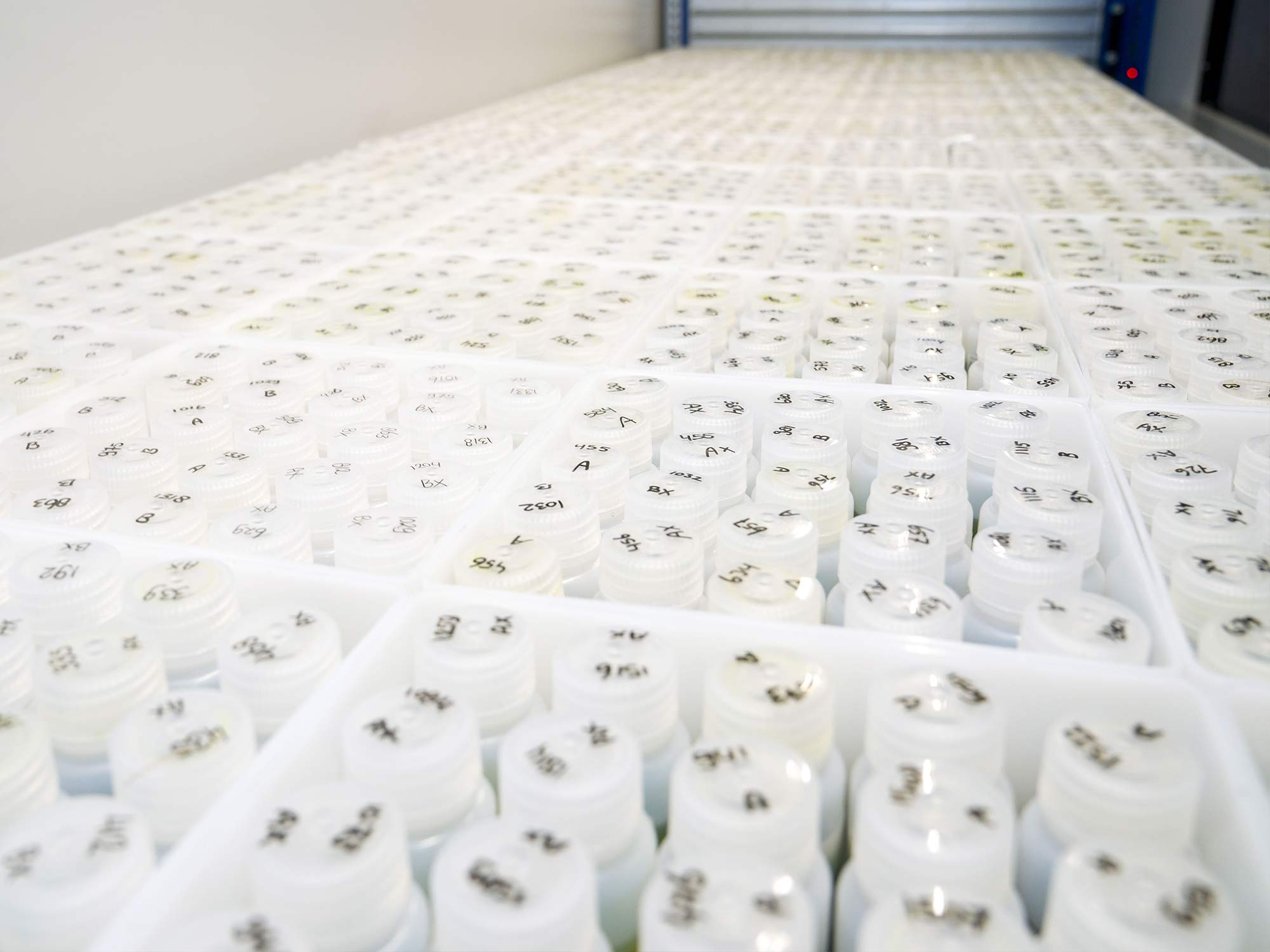
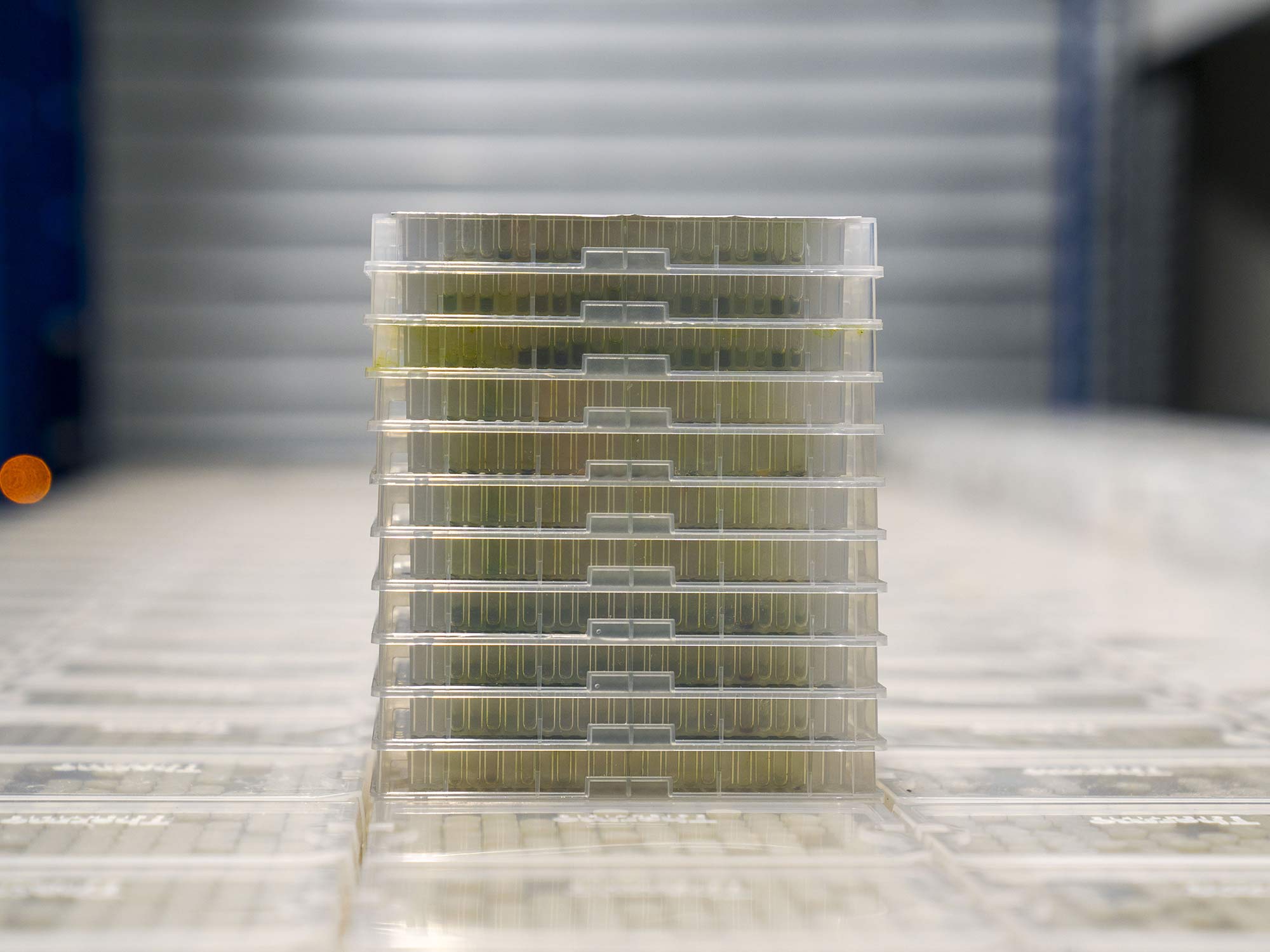
Research into bioactive molecules
Three purchasing options have been selected for the screening of bioactive molecules. If required, screening can be tailored to a customer’s needs. On request, we will provide you with the corresponding prices.
Random screening
2240 plant extracts
ruw (500μL) of schoon (100μL)
High Throughput Screening
Targeted screening
1 to 10 plant extracts
raw (<1ml) clean (<1ml) or dried
Extensive screening
1 plant extract
raw (10-150ml) or clean (10-150ml)
Results and
intellectual property
If, based on screening, a specific activity is detected in a plant extract, we refer to this as a hit. To date, 16 screenings have been performed, resulting in 351 hits. The Dutch Extract Library asks users to state which hits are found as a result of the screening. This provides more information about the origin and identity of the plant extracts.
If required, the Dutch Extract Library can supply a larger quantity of the relevant plant extracts for further research. Based on the results, along with the user the potential of the plant species can be investigated. The next step is a comprehensive testing phase, after which the user can be linked to the corresponding grower for further collaboration.
The information about the plant extracts and potential uses is stored in a library to build up scientific knowledge. The intellectual property of the results found is owned fully by the user.
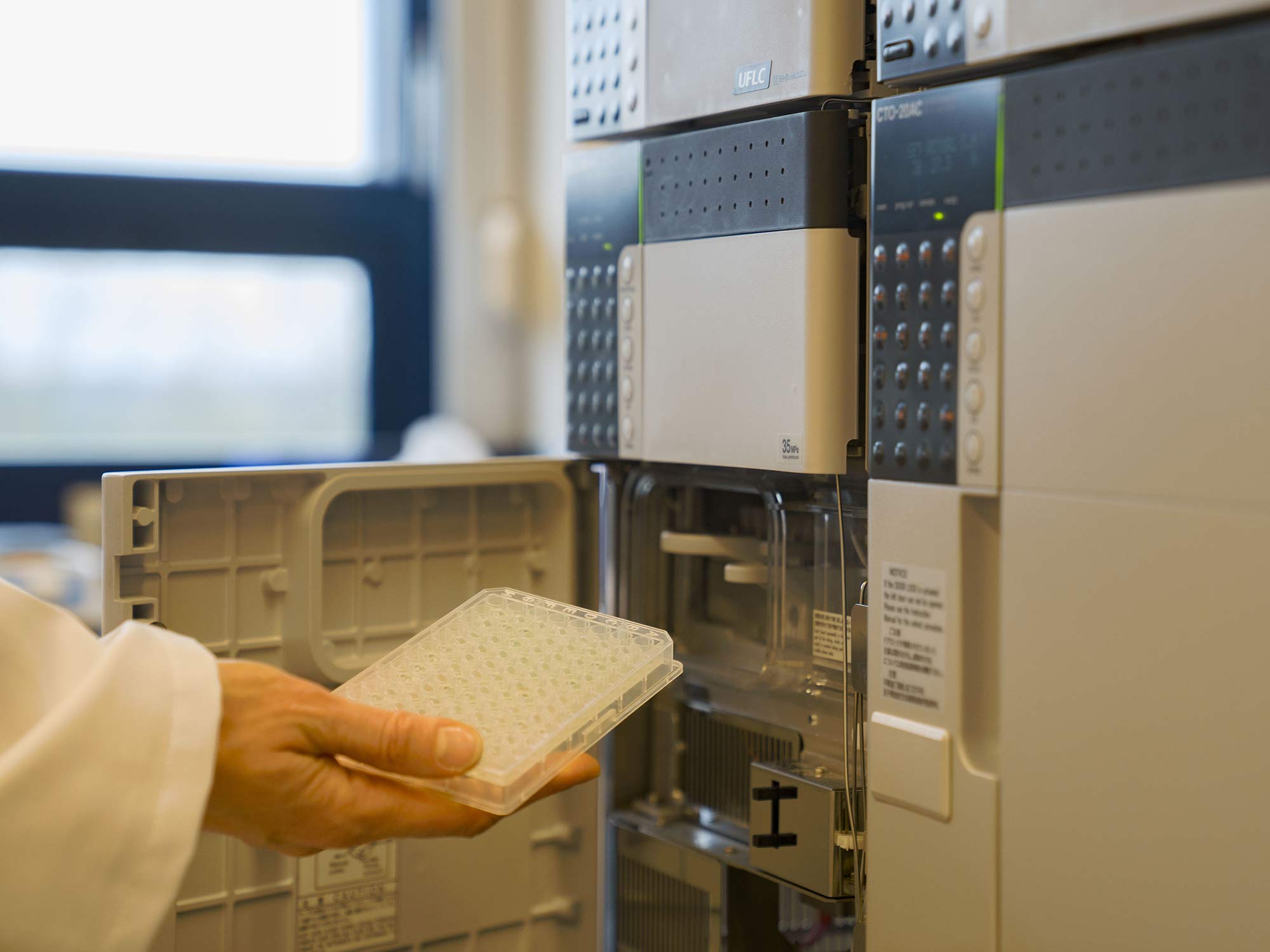
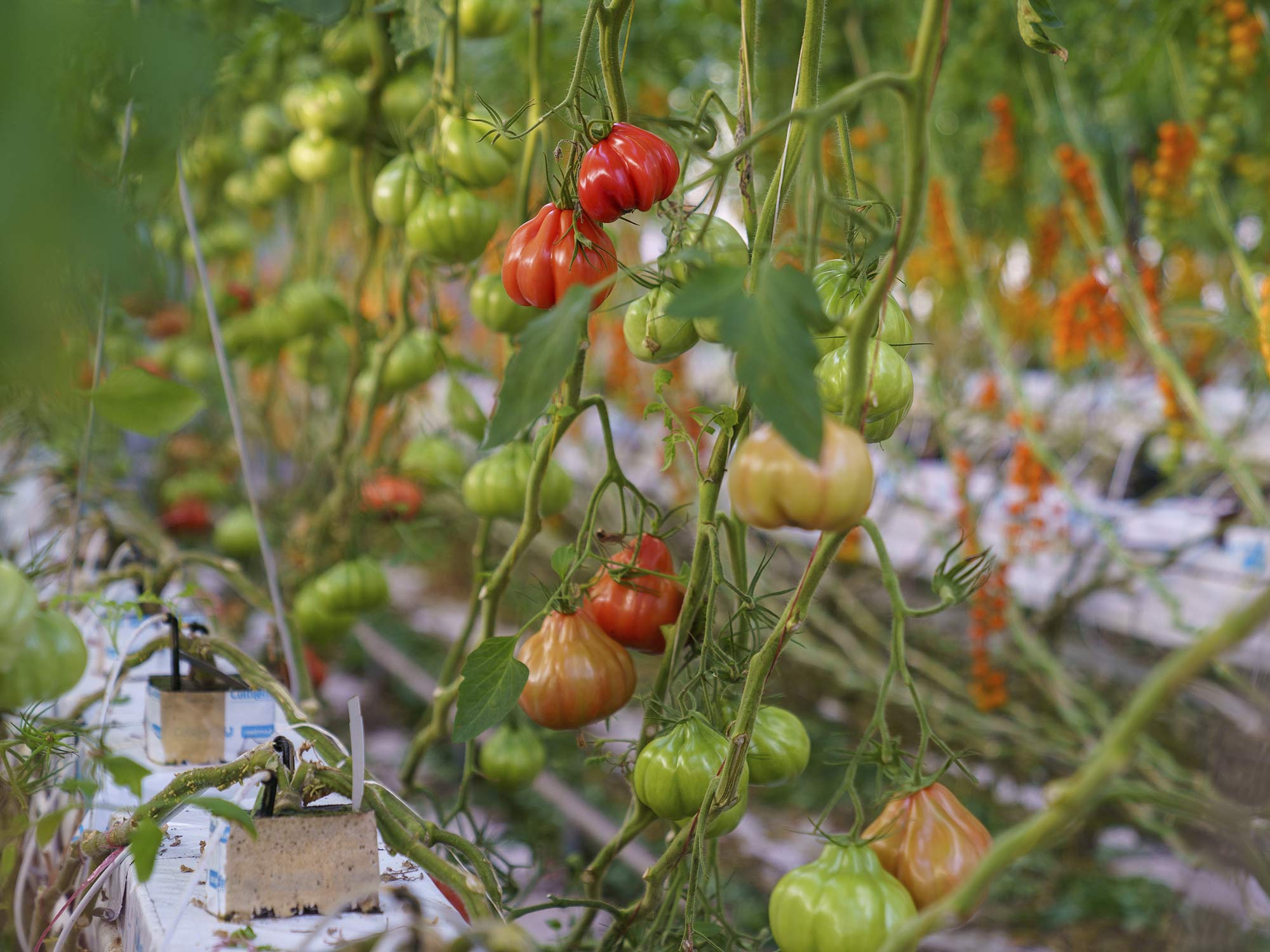
Sustainablity
The aim of the Dutch Extract Library is to encourage the use of bioactive molecules and add new value to waste streams. By collaborating in innovative research, we contribute to scientific knowledge about bioactive molecules and the versatile use of these.
We foster out-of-the-box thinking. First of all by encouraging the use of biodegradable substances instead of synthetics. But also by using all parts of plants. In the current system, certain parts are considered to be waste, resulting in the loss of raw materials. By discovering new uses, these parts may also be valuable. In addition, the scaling up of innovation can be achieved effectively. If a promising lead is found, existing crops are available, with short logistical supply chains. In this way, the Dutch Extract Library encourages the development of sustainable products, partnerships and revenue models in the Netherlands.